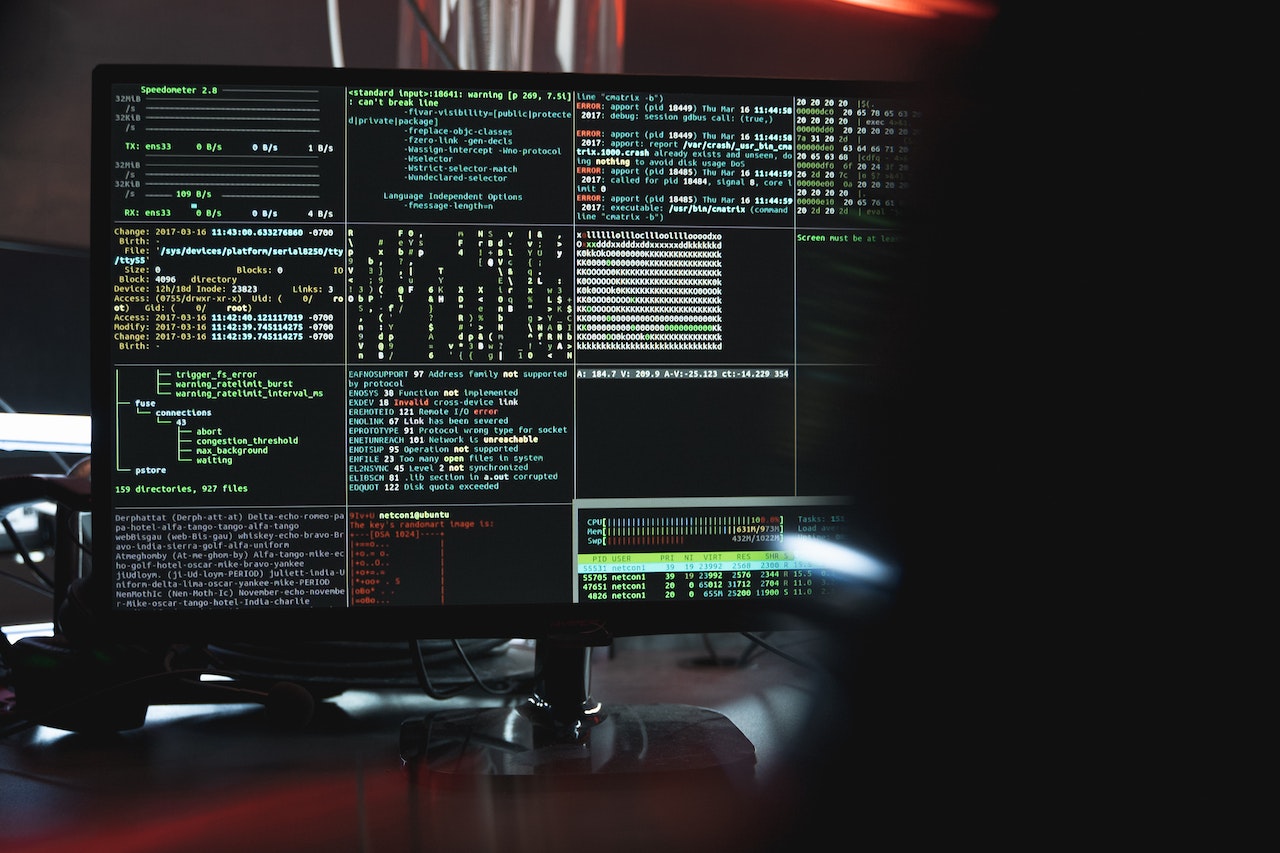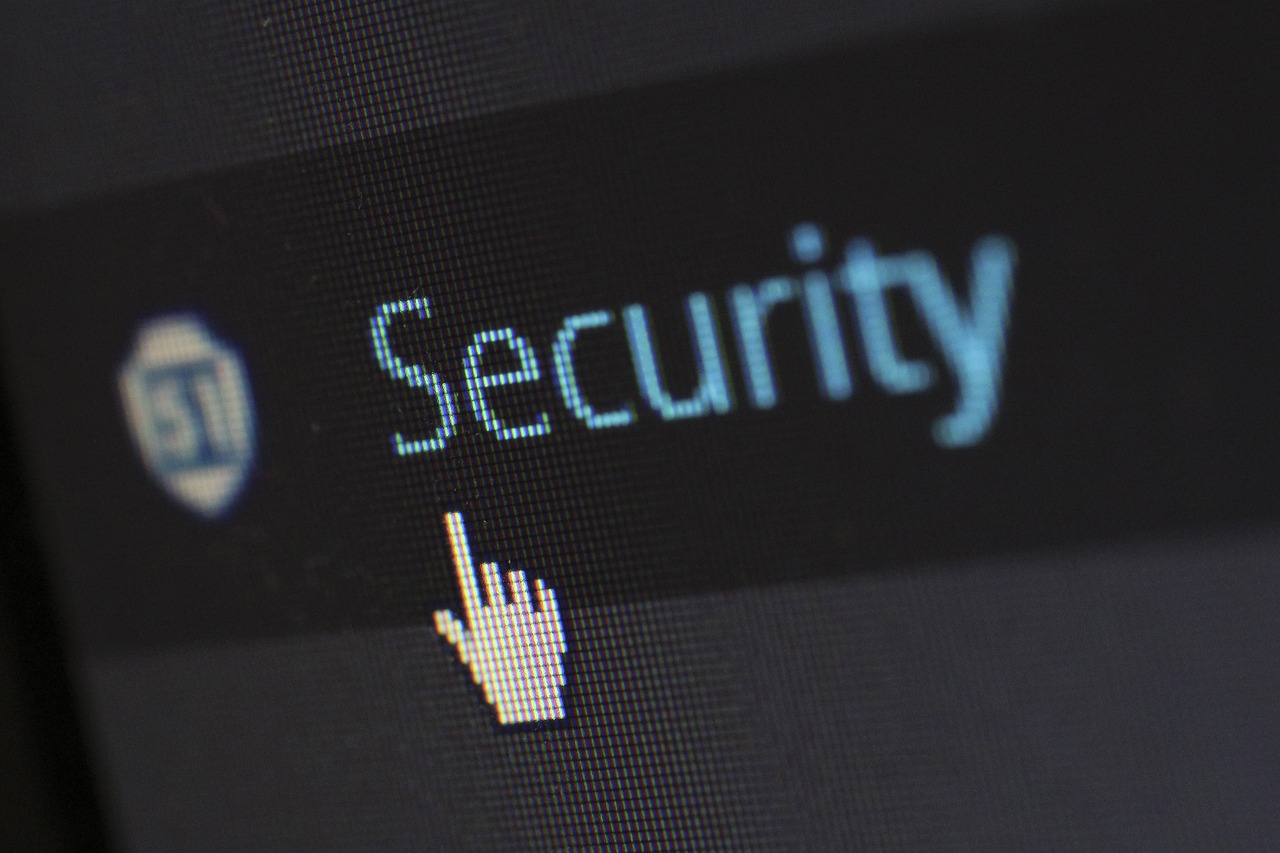Since working from home has become the norm, how can companies stay secure when different devices are being used?
The traditional office approach to work came to a halt due to the coronavirus pandemic which started in early 2020, eventually leading to the UK going into a full lockdown in March. Some people were put on furlough and others proceeded to work from home. Lockdown restrictions have now been lifted in the UK, and in the coming months it is predicted that restrictions will cease to exist at all. Many office-based work environments have continued the practice of remote working, usually through hybrid working. Hybrid working means a combination of working in an office and working from home. This is one of the few positive outcomes of lockdown, resulting in a more flexible working environment which has been praised by many people.
Despite this being a well-liked addition to the working world, it does leave many people open and vulnerable to cyber-risks. According to the Velocity Smart Technology Market Research Report 2021 ‘70% of remote workers said they had experienced IT problems during the pandemic’. This is mainly due to the fact that multiple devices are being used in different work environments. Not all companies supply work computers for their staff, so people have to resort to using their personal laptops and devices. So, how can businesses ensure top-notch cybersecurity for their staff?
Home network connection
Companies have the best security softwares implemented into their IT networks to keep data as secure as possible. The personal routers of employees rarely have the same level of security as businesses, because it is not as crucial to someone’s day to day use of the internet. For business use, a secure network connection is a key aspect of their cybersecurity. Companies will often have firewalls that block suspicious activity. A firewall is a network device that monitors packets going in and out of networks. It either allows them to pass through or blocks them. They can be set up to define what is permissible and what isn’t.
A common way that businesses ensure a secure IT network is through the use of a Virtual Private Network, or more commonly known as a VPN. VPNs keep network connections secure by funnelling the data and IP address through another secure connection between the user’s internet connection and the online service being used. The VPN keeps the data secure from potential hackers and general cyber-attacks. These can of course be used for home and personal use, making them a perfect investment for remote working. A common consequence of VPNs is that they can reduce internet speed as the users’ internet activity is being funnelled through another network. This is why it is important to select VPNs of the highest quality to ensure a steady internet speed that will keep home working disruptions to a minimum.
To read more exclusive features and latest news please see our Q4 issue here.
Media contact
Rebecca Morpeth Spayne,
Editor, Security Portfolio
Tel: +44 (0) 1622 823 922
Email: [email protected]


























